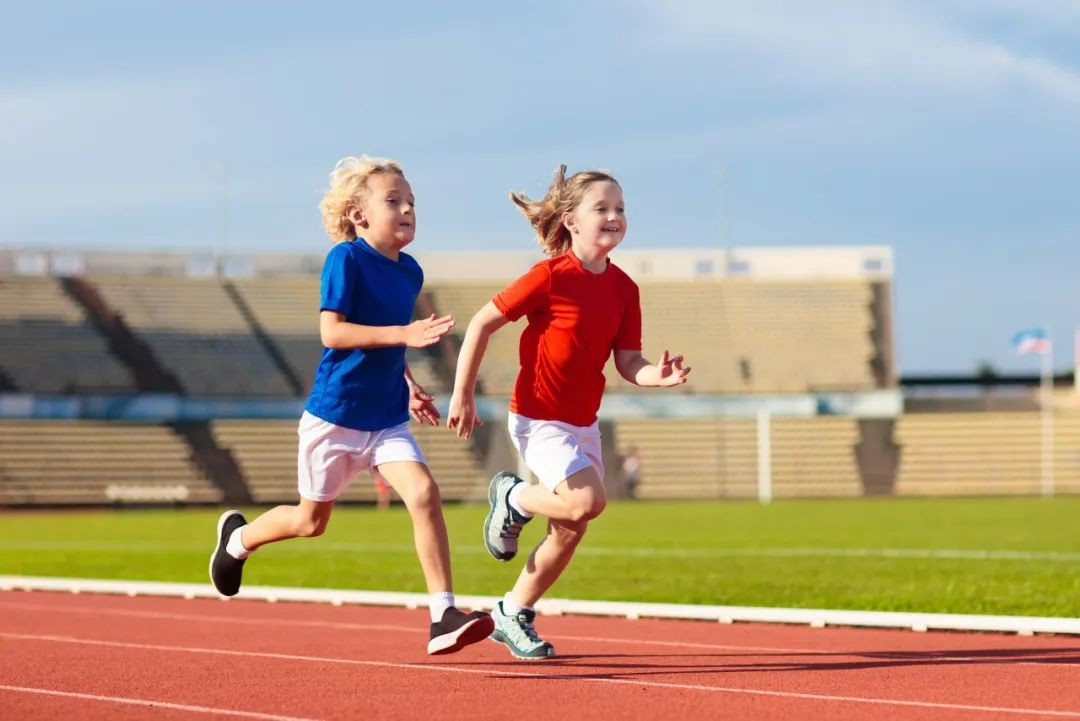The Asian Games captivate everyone’s attention.
Athletes compete fiercely on the field,
while fans cheer enthusiastically,
sparking a nationwide wave of sports enthusiasm.
To excel in sports,
good vision is essential!
01
Proper exercise itself
enhances vision.
Recent data and studies show that moderate exercise positively impacts myopia progression. Exercise improves blood circulation, strengthens scleral toughness and elasticity, relaxes eye muscles, alleviates eye fatigue, and delays the onset and progression of myopia.
Thus, exercise serves as both an effective method to improve vision and prevent myopia, as well as a form of active rest.
02
Insufficient outdoor activity
is a key factor in vision decline.
Heavy academic/workloads, constant digital distractions, and prolonged indoor time—staring at textbooks, phones, or computers—reduce eye relaxation, increasing myopia risk.
Moderate-intensity small ball sports are recommended. Alternating focus between near and distant objects during play enhances pupil flexibility and improves ciliary muscle regulation. (For specific sport recommendations, see
Exercise Protects Vision—Did You Know?)
 03
03
Improper exercise
can harm the eyes.
Intense training often leads to eye fatigue, pain, or even severe injuries like retinal detachment.
Thus, selecting appropriate sports and moderating intensity is critical. Avoid prolonged, high-intensity activities; balance exercise plans with adequate rest.
For those with existing myopia:
·
Mild myopia: Regular exercises like running or swimming are safe, but avoid high-impact activities. Wear sports glasses to stabilize lenses and reduce injury risk.
·
High myopia: Due to elongated eyeballs, thinner retinas, and fragile blood vessels, avoid high-intensity sports (e.g., boxing, soccer) to prevent retinal detachment.
The Asian Games, a grand sports event,
demonstrates the power and charm of athletics.
Active participation not only invigorates life
but also safeguards vision.
Let your eyes revel in the joy of movement!
